Brazil is the world’s largest supplier of socially and environmentally certified cotton
Brazilian cotton |
In addition to being the fourth largest cotton grower in the world and second largest lint exporter, Brazil also ranks number one in certified cotton exports. Farmers who are engaged, united, and willing to invest in continuous improvement are the ingredients for this success story.
A story whose origin dates to 2005, when the Brazilian Cotton Growers Association (Abrapa) started regional initiative to develop its Brazilian cotton sustainability program, the “Responsible Brazilian Cotton” (ABR).
In the 2021 crop, when Brazil produced more than 2.3 million tons of lint, 84% of all national production was certified – an all-time record. And since the 2019/20 season, the country has become the largest supplier of Better Cotton in the world, accounting for 42% of global production.
In practice, the ABR program consists of assessing whether each participating farm is complying with a list of 183 items. These indicators cover several topics, including environmental, labor, land, sanitary, and agronomic prerequisites.
Some items must be complied with in their entirety. This is the case for the ban on child labor on the farms, as well as of labor deemed analogous to slavery. The severity of the check list has the clear objective of ensuring that the Brazilian cotton production has no link whatsoever with any illegal or irresponsible labor practice.
Another distinguishing factor is the series of environmental assets generated by Brazilian cotton production methods. ABR-certified farms are agents of environmental preservation: in all of them there is a reserve with untouched native forest, and preserved river margins and hillsides. Moreover, the fully mechanized harvesting ensures a product without contamination – an important aspect for the importing market.
In addition to the requisites that must be met, the ABR program assesses whether each farm is in fact having continuous improvement in the processes, harvest season after harvest season. The verification occurs in the on-site audit stage, when independent, internationally recognized third party certifiers inspect each participating farm. For the 2022 crop, ABNT, Genesis, and Bureau Veritas are responsible for the individual audits.
The indicators used in the Brazilian program also include guidelines adopted by the Better Cotton Initiative (BCI), a non-profit organization created in 2005 to promote responsible and sustainable practices in cotton production around the globe. Its flagship program is the global Better Cotton certification, which identifies lint produced according to responsible practices.
BCI and Abrapa signed an institutional partnership in 2013. ABR-certified farms became eligible for BCI credits, and out of this joint effort, the world’s largest supplier of Better Cotton emerged.
Producer adherence to the ABR program has increased year by year. In 2021, there was a 12% increase in certification over 2020. In absolute numbers, ABR farms total a planted area of 1.080 million hectares.
With more efficient and certified farms, Brazil has been increasing the quality indicators of its lint year after year, and the data to confirm this trend can be accessed by smartphone or on the Abrapa portal at (https://cottonbrazil.com/traceability).
